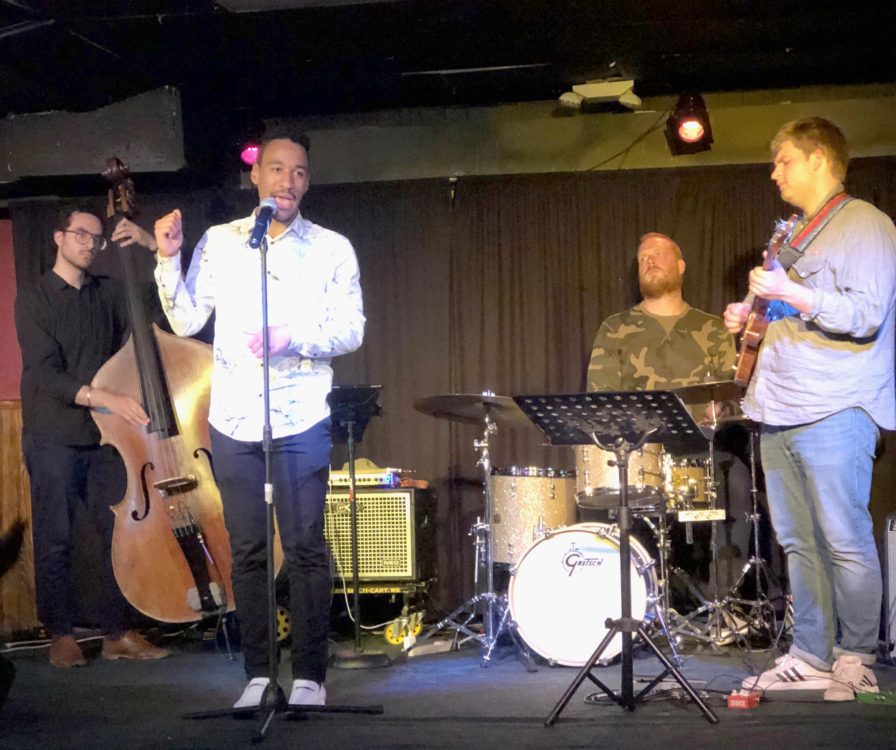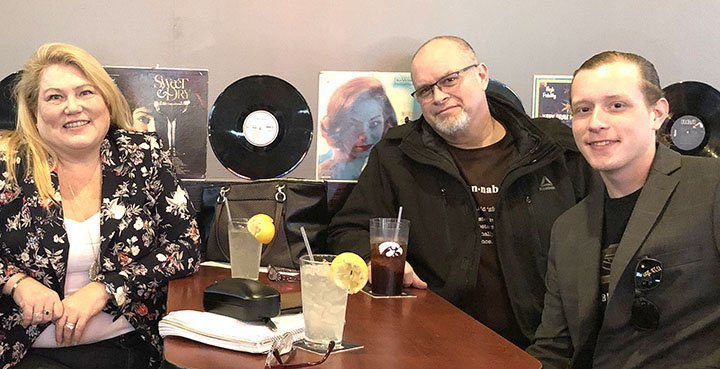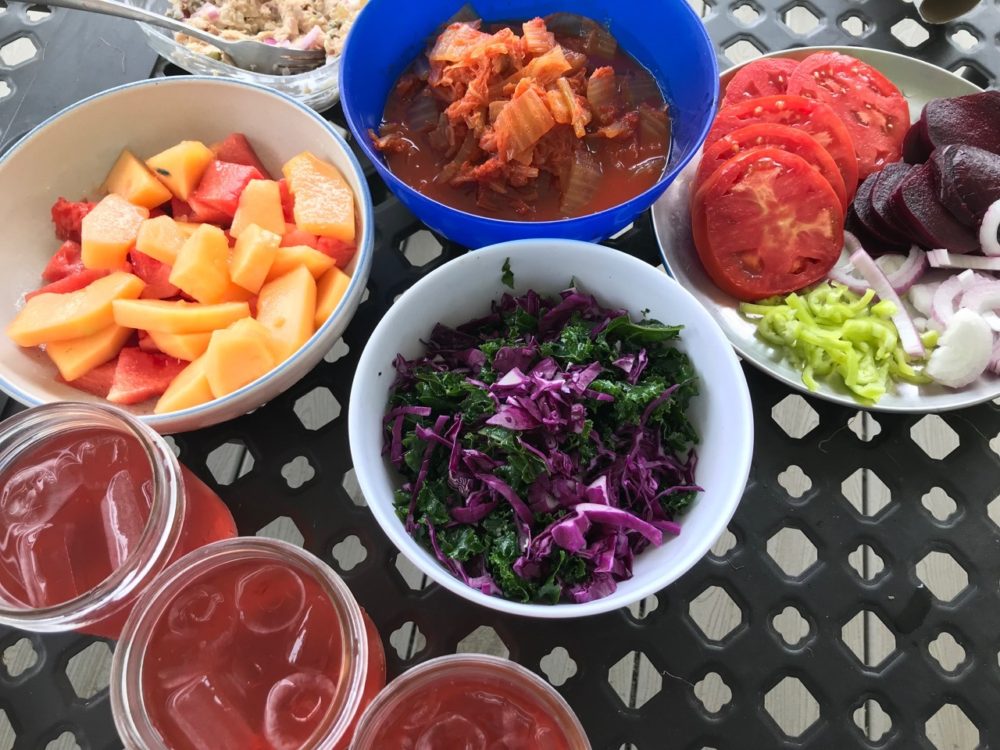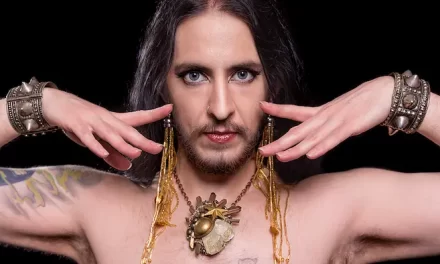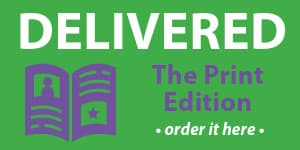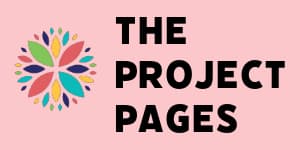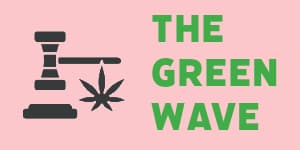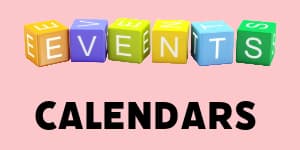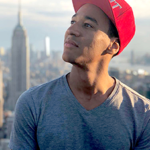
Caleb Rainey
Them: “So, what do you do?”
Me: “I’m a poet.”
Them: “Me too! What kind?”
Me: “Spoken word.”
Them: “Oh, cool. Like rap and stuff? I write normal poetry.”
There it is. The divide.
It pops up constantly in conversations, the idea of “normal” poetry (or even worse, “traditional” poetry) that actively excludes spoken word poetry.
It’s a common misconception that there’s a difference between spoken word poetry and page poetry — or at least not any difference beyond how the work is delivered to its intended audience.
Literary critic and humanities professor Harold Bloom furthered this misconception when he claimed poetry slams are “the death of art.”
“And, of course, now [poetry has] all gone to hell,” he said. “I can’t bear these accounts I read in the Times and elsewhere of these poetry slams, in which various young men and women in various late-spots are declaiming rant and nonsense at each other. The whole thing is judged by an applause meter, which is actually not there, but might as well be.”
In Javon Johnson’s book, Killing Poetry, he addresses this quote directly. “Because poetry slams represent a forced diversity in terms of bodies, content, and structure, (Bloom)’s dismissal is a trite and terrible attempt to save white male normativity, white structures, and the supposed sanctity of the white literary world. Even the mention of an applause meter points to the assumption that only the great literary critics, who are far too often white and male, possess the ability to adequately assess good literature.”
Whether it’s a professor or simply an avid poetry reader, this belief exists that spoken word poetry is not only different, but lesser. The truth is, this belief is rooted in the systematic oppression of our country’s history.
Spoken word poetry is a literary art form that invites those of all races, nationalities, genders, sexualities, religious beliefs, and economic status to speak their truth. By being an art form that is accompanied by a stage and interacted within an immediate way during a live performance, it asserts one prevailing demand: “poet, speak now.”
There are no rules on who can be a poet. And that can be threatening. Throughout history, the voices of marginalized people have been unvalued, ignored, and even silenced. Conversely, the voices of those in power — often cis, hetero, wealthy, white men — have been amplified and deemed as classics. So when a person tries to define poetry, they often refer to what they’ve been exposed to.
Spoken word rarely makes an appearance in primary and secondary schools, though the “classics” are introduced as quickly as possible. This establishes the divide. Most universities and colleges don’t even offer spoken word poetry as a genre of English/creative writing studies. This solidifies the divide.
As a former undergraduate student at the University of Iowa, I had peers and professors that looked down upon spoken word. These are people aspiring to be, and already, a part of the world-renowned Writer’s Workshop. If I presented myself as a writer, I was greeted as an associate, but if I presented myself as a spoken word poet I was often likened to a rapper and quickly dismissed.
Rap, like jazz, is an art form originally closely associated with Black people. Often, its immediate dismissal is veiled in critical theory and scholarly credentials. Because page poets cannot shrink spoken word down into a single sub-genre, they emphasize the divide between spoken word and so-called “traditional” poetry.
The divide — like many, if not all, divides — comes from ignorance.
Luckily, spoken word poetry has survived for centuries and is now experiencing an increase in interest and participation. As our society continues to push for more inclusivity, we begin to acknowledge and appreciate other people, identities, and cultures, and welcome art forms that were previously ignored.
Spoken word is for everyone, and that should not be seen as a weakness, but its greatest strength.

